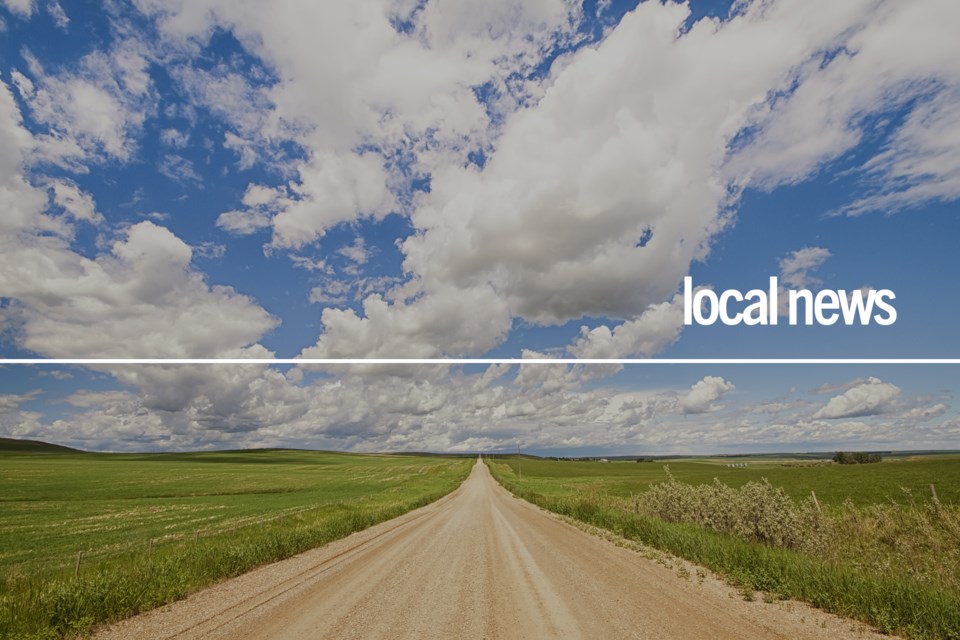OLDS — Cows get a bad rap for belching out methane which rises into the atmosphere, contributing to climate change. But that’s not the whole story, an Olds College researcher says.
By grazing, they also take greenhouse gases like carbon dioxide out of the environment, says Joy Agnew, Olds College’s associate vice-president of applied research.
"They’re belching methane, yes. But the crop that they graze on is pulling carbon out of the atmosphere at the same time, sometimes in greater magnitude than what they’re belching.
“So that short carbon cycle is something that no one ever talks about. They just measure how much it’s belching and that’s it. They forget to account for what the crop is actually being – or sequestering,” Agnew said to reporters.
“Cows burping? There’s no real net impact to the atmosphere because they’re just taking up – or belching – the carbon that the crop that they’re grazing on took up last year.”
She was speaking during AgSmart, an agriculture technology expo, held Aug. 10-11 at the Olds College Smart Farm.
Agnew said the cows burping issue is one example of the way the agricultural industry has to do a better job of letting the public know that the interplay between agriculture and the environment is complicated, and that farmers and ranchers are doing their part to tackle climate change.
"Theoretically we could be a carbon sink by 2030. That's if all the projections are accurate and everything else, which is great news.
“It's a great news story for ag. And the fact that certain industries within ag might actually already be a carbon sink and we probably aren’t getting that message out well enough,” Agnew said.
"I would say that, yeah, the public is generally misinformed about the overall footprint of agriculture and we definitely need to do a better job of telling that story.”



